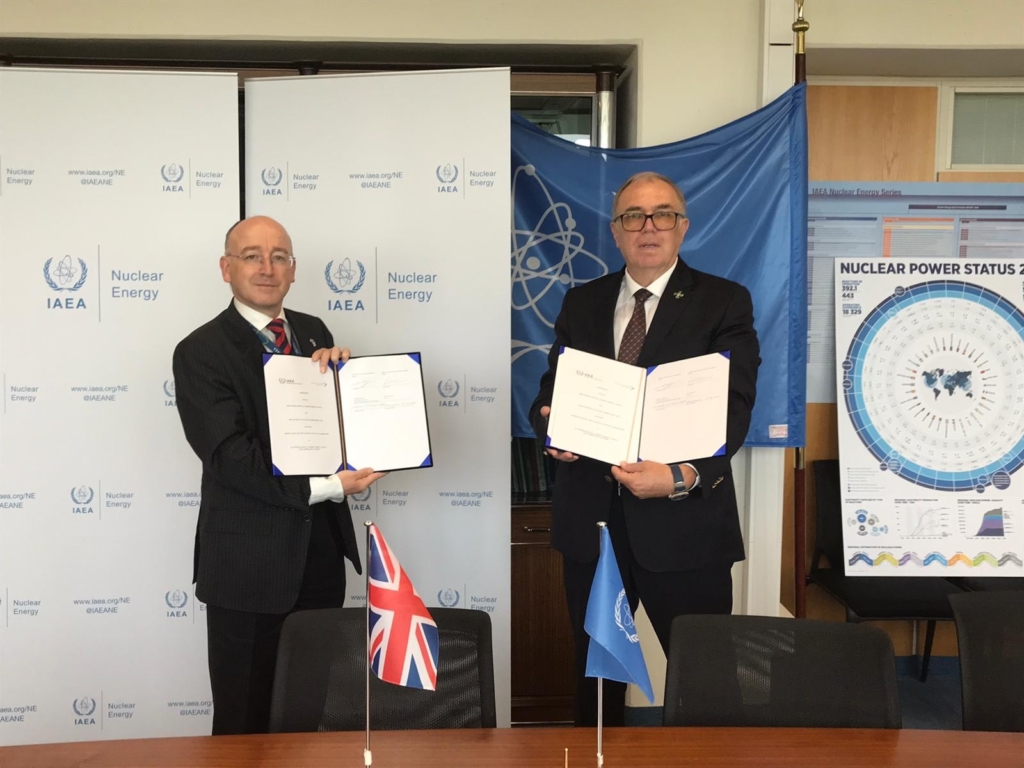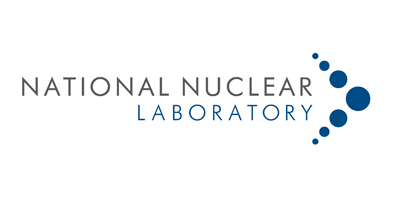AFCP empowers NNL designation as the UK’s first IAEA Collaborating Centre
This week, the UK’s National Nuclear Laboratory (NNL) was delighted to announce its formal designation as a Collaborating Centre by the IAEA. A key element of this announcement is the iconic Government-funded Advanced Fuel Cycle Programme (AFCP), led by NNL in partnership with the Department for Business, Energy and Industrial Strategy (BEIS). AFCP is part of the Government’s £505m Energy Innovation Programme – which includes the largest investment in UK nuclear research in a generation.
The announcement, which was welcomed by UK Business and Industry Minister Nadhim Zahawi, reflects increasing recognition of synergy between NNL’s emerging purpose of advancing nuclear technology for the benefit of society and that of the IAEA which strives to deliver the UN’s Sustainable Development Goals. It is particularly significant as this announcement represents the first formal designation of a UK institution as an IAEA Collaborating Centre.

The new Centre is the first IAEA Collaborating Centre on the Advanced Fuel Cycle anywhere in the world. As such, it will provide a global hub of expertise in a field of increasing importance as recognition grows of the vital role advanced nuclear technologies have to play in achieving deep decarbonisation of the energy system. It builds on the extensive work conducted by NNL and our UK partners in developing advanced nuclear technologies for a low carbon future, with particular focus on the UK commitment to achieve Net Zero carbon emissions by 2050.

